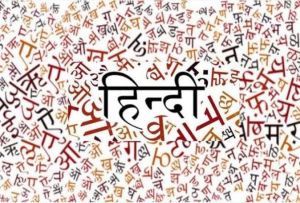Difference between revisions of "Language/Hindi/Culture/Drinking-Alcohol-in-India"
| Line 4: | Line 4: | ||
As traditional Indian culture does not encourage drinking alcohol. In Hindi movies, if a character drinks alcohol it’s usually an indication that he or she is a bad character. | As traditional Indian culture does not encourage drinking alcohol. In Hindi movies, if a character drinks alcohol it’s usually an indication that he or she is a bad character. | ||
However, recently, the Delhi government reduced the legal age for alcohol consumption from 25 to 21. The government also approved a new excise policy allowing the opening of more liquor stores in the national capital. | |||
In India, the business of manufacture, sale and consumption of Indian Made Foreign Liquor (IMFL) remains one of the most regulated domains with rules varying from state to state. | |||
Cheap liquor is widely available in small “bars”—well, shacks (colloquially called aḍḍā) might often be a better description. Depending on its main ingredient, the liquor may be called santrā, nārāṅgi (both made from fermented oranges) or ṭharrā (from the fruit of the mahua tree). | Cheap liquor is widely available in small “bars”—well, shacks (colloquially called aḍḍā) might often be a better description. Depending on its main ingredient, the liquor may be called santrā, nārāṅgi (both made from fermented oranges) or ṭharrā (from the fruit of the mahua tree). | ||
Revision as of 10:59, 9 October 2021
As traditional Indian culture does not encourage drinking alcohol. In Hindi movies, if a character drinks alcohol it’s usually an indication that he or she is a bad character.
However, recently, the Delhi government reduced the legal age for alcohol consumption from 25 to 21. The government also approved a new excise policy allowing the opening of more liquor stores in the national capital.
In India, the business of manufacture, sale and consumption of Indian Made Foreign Liquor (IMFL) remains one of the most regulated domains with rules varying from state to state.
Cheap liquor is widely available in small “bars”—well, shacks (colloquially called aḍḍā) might often be a better description. Depending on its main ingredient, the liquor may be called santrā, nārāṅgi (both made from fermented oranges) or ṭharrā (from the fruit of the mahua tree).
